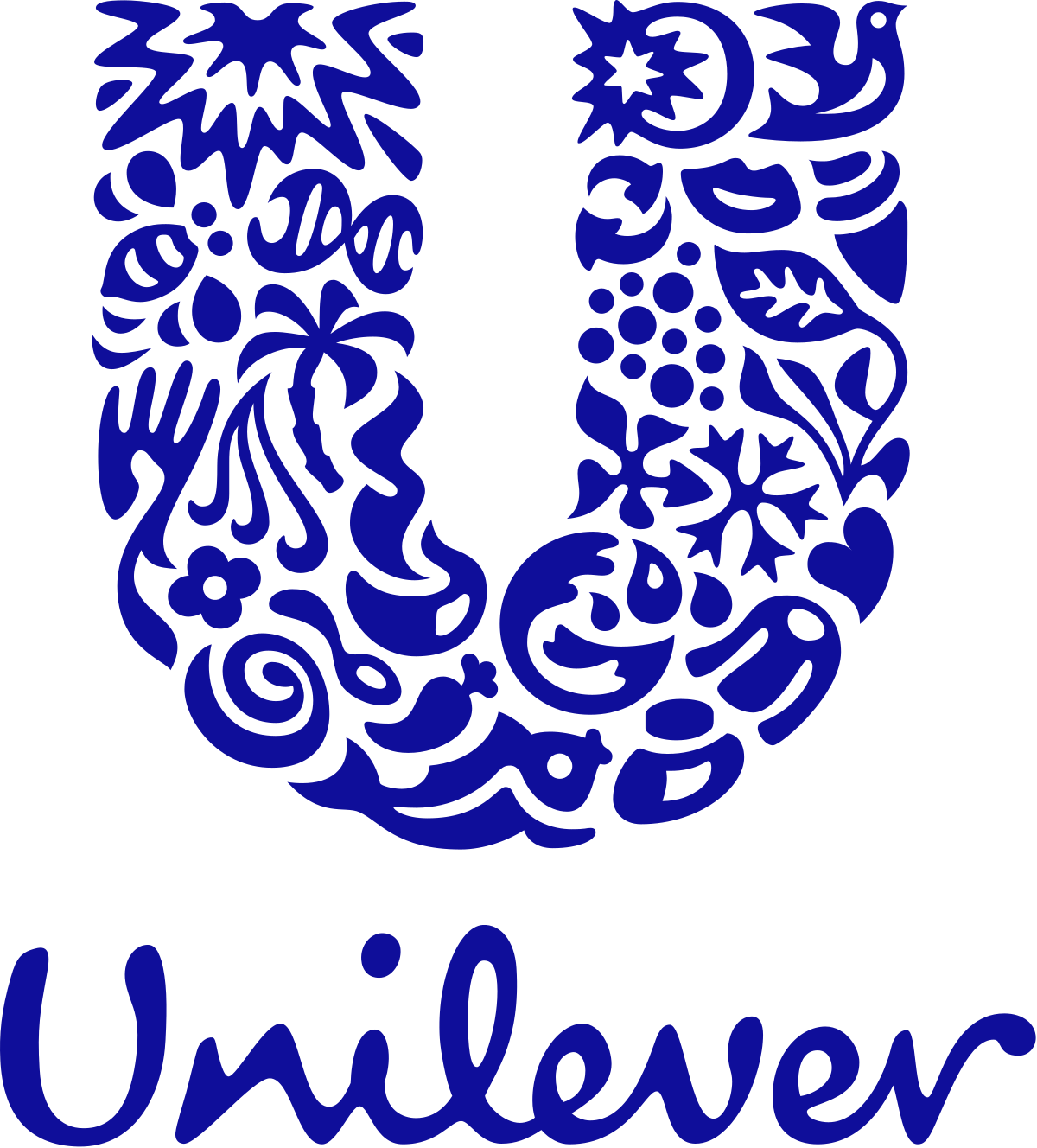By Joseph Ekeng
Unilever Nigeria, a stalwart in the consumer goods industry, has sent shockwaves through the market with its recent announcement to discontinue the production and sale of two of its iconic brands, Omo and Lux. Effective February 1, 2024, consumers will bid farewell to these household staples that have been synonymous with cleanliness and freshness for decades.
The decision, elucidated by the company’s management, follows an exhaustive review of Unilever’s product portfolio and prevailing market dynamics. Factors such as escalating inflationary pressures, forex volatility, and energy crises have converged to render the operation of Omo and Lux untenable within Nigeria’s business landscape.
Omo, a laundry detergent boasting over half a century of market presence, has ingrained itself in the fabric of Nigerian households. Lux, equally entrenched in consumer consciousness with over four decades of history, has been a go-to choice for soap enthusiasts seeking a blend of luxury and efficacy.
Unilever’s departure from the home care and skin cleansing markets not only signifies the end of an era but also underscores a broader trend of multinational corporations reassessing their viability in Nigeria. Procter & Gamble, GSK, and Surest Foam Limited are among the multinational entities that have recalibrated their operations or exited entirely, citing similar challenges.
For consumers, Unilever’s decision heralds the end of an era, signaling the loss of trusted brands that have become integral to their daily routines. Omo, with its commanding 40% market share in the laundry detergent segment, and Lux, commanding 15% of the soap market, leave behind a void that competing brands will vie to fill.
Enterprises such as Procter & Gamble, renowned for brands like Ariel detergent, and Reckitt Benckiser, the purveyor of Vanish stain remover and Dettol soap, stand poised to capitalize on Unilever’s exit. Likewise, Henkel and PZ Cussons, with offerings like Persil detergent and Imperial Leather soap, respectively, are positioned to cater to consumer demand.
However, the ramifications extend beyond consumer choices to the broader economic landscape. Unilever’s decision may precipitate job losses, though the precise number remains undisclosed. The company, which employed approximately 1,000 individuals as of 2020, confronts mounting pressures from escalating production costs and intensifying market competition.
While Unilever reassures consumers of its commitment to delivering innovative, high-quality products across its remaining portfolio, concerns linger regarding the broader economic implications. The fallout from Unilever’s departure could undermine Nigeria’s aspirations to achieve a $1 trillion economy by 2023, highlighting the urgency of addressing systemic challenges.
Amidst these challenges, the Tinubu administration’s initiatives to revitalize the economy and attract foreign investment offer a ray of hope. The recent launch of Nigeria’s inaugural trade and investment policies, amidst other major economic reforms, signals a concerted effort to fortify domestic industries and enhance competitiveness on the global stage.
Nevertheless, experts caution that addressing the root causes of multinational exits, including inflationary pressures, forex volatility, and energy crises, is paramount to fostering sustained economic growth. Efforts to create an enabling environment for businesses, both local and foreign, must be intensified to mitigate the adverse effects of multinational departures and bolster investor confidence.
Unilever Nigeria’s decision to cease production of Omo and Lux underscores the formidable challenges confronting multinational corporations in Nigeria’s business environment. While the fallout may be profound, concerted efforts to address underlying issues and foster economic resilience are imperative for Nigeria’s journey towards sustainable growth and prosperity. As stakeholders grapple with the aftermath of Unilever’s exit, the imperative of a cohesive, multifaceted approach to economic revitalization becomes ever more apparent.







Comment
No comments found.